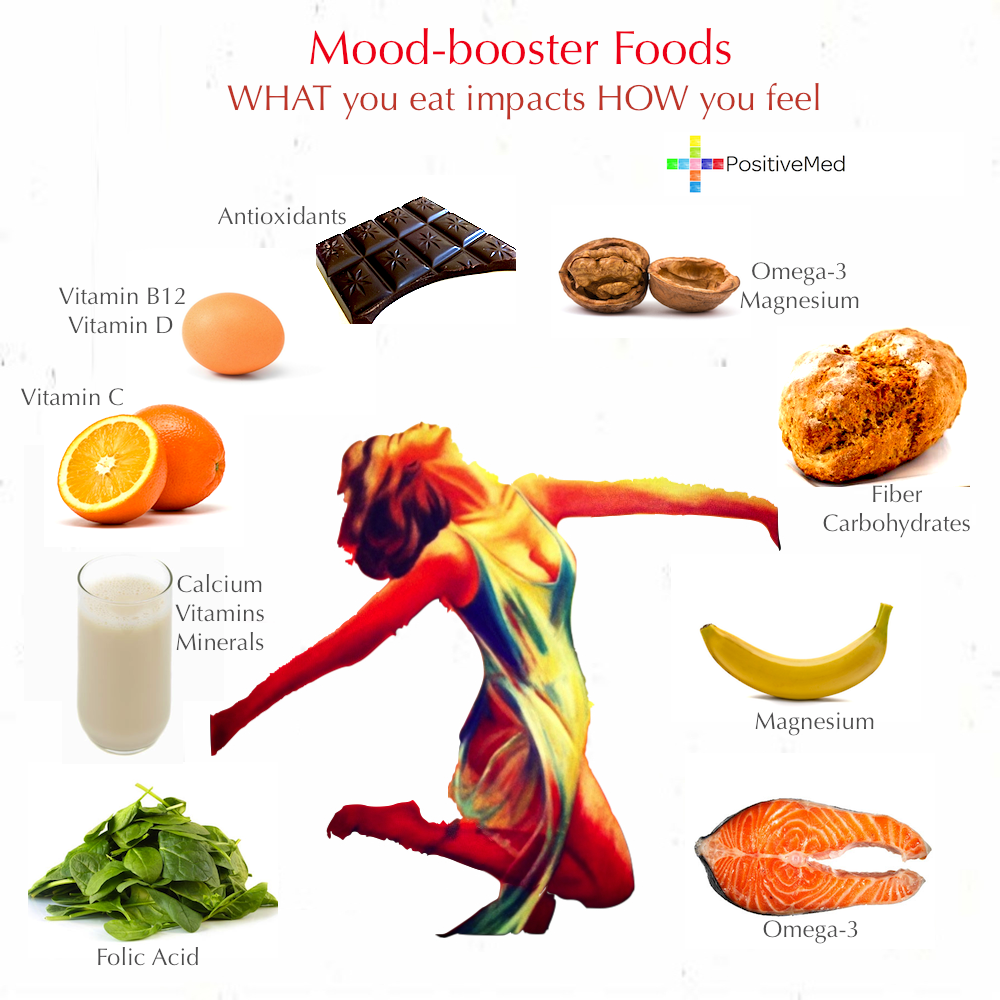Introduction
In the realm of health and wellness, the quest for effective weight loss strategies is a perpetual journey for many individuals. Among the plethora of proposed solutions, the role of vitamins and minerals, particularly Vitamin D, has garnered significant attention. Vitamin D, often referred to as the “sunshine vitamin,” is renowned for its vital role in bone health and immune function. However, emerging research suggests a potential link between Vitamin D and weight management. This comprehensive guide aims to explore the relationship between Vitamin D and weight loss, shedding light on its mechanisms, sources, supplementation, and the current scientific evidence supporting its efficacy.
Understanding Vitamin D
Vitamin D is a fat-soluble vitamin primarily obtained through exposure to sunlight and dietary sources. It exists in two main forms: Vitamin D2 (ergocalciferol) and Vitamin D3 (cholecalciferol). While both forms can be consumed through diet or supplements, Vitamin D3 is more effective at raising blood levels of Vitamin D. Once synthesized or ingested, Vitamin D undergoes conversion in the liver and kidneys to its active form, calcitriol, which exerts its biological effects by binding to Vitamin D receptors (VDRs) found in various tissues throughout the body.
The Role of Vitamin D in Weight Management
Several mechanisms have been proposed to elucidate the potential link between Vitamin D and weight loss. Firstly, Vitamin D may influence adipogenesis, the process by which precursor cells differentiate into fat cells. Research suggests that Vitamin D receptors are present in adipose tissue, and adequate Vitamin D levels may inhibit the proliferation and differentiation of adipocytes, thereby reducing fat accumulation. Furthermore, Vitamin D may modulate insulin sensitivity and secretion, crucial factors in regulating blood glucose levels and lipid metabolism. By improving insulin sensitivity, Vitamin D could potentially enhance glucose uptake by cells and promote lipid oxidation, facilitating weight loss. Additionally, Vitamin D has been implicated in regulating appetite and satiety, with some studies suggesting that Vitamin D deficiency may disrupt hormonal signals involved in appetite control, leading to increased food intake and weight gain.
Sources of Vitamin D
The primary source of Vitamin D is sunlight exposure, as ultraviolet B (UVB) radiation stimulates the synthesis of Vitamin D in the skin. However, factors such as geographical location, season, time of day, skin pigmentation, and sunscreen use can affect the skin’s ability to produce Vitamin D. Dietary sources of Vitamin D include fatty fish (e.g., salmon, mackerel, tuna), egg yolks, fortified foods (e.g., milk, cereal, orange juice), and supplements. While natural food sources contribute to Vitamin D intake, it can be challenging to obtain sufficient levels through diet alone, particularly for individuals with limited sun exposure or specific dietary restrictions.
Supplementation and Dosage
Supplementation with Vitamin D may be necessary to achieve optimal levels, especially in populations at risk of deficiency. The recommended dosage of Vitamin D varies depending on factors such as age, sex, ethnicity, geographic location, and individual health status. The Institute of Medicine (IOM) recommends a daily intake of 600-800 IU (International Units) for most adults, with higher doses recommended for individuals at increased risk of deficiency, such as older adults, individuals with darker skin, obese individuals, and those with limited sun exposure. However, it is essential to consult with a healthcare professional to determine the appropriate dosage of Vitamin D supplementation based on individual needs and circumstances.
Scientific Evidence
While the potential association between Vitamin D and weight loss is intriguing, the scientific evidence remains somewhat inconclusive and subject to ongoing research. Some studies have reported a correlation between Vitamin D deficiency and obesity, suggesting that inadequate Vitamin D levels may be associated with a higher body mass index (BMI) and increased adiposity. However, observational studies cannot establish causality, and confounding factors such as diet, physical activity, and lifestyle habits may influence the observed associations.
Clinical trials investigating the effects of Vitamin D supplementation on weight loss have yielded mixed results. Some studies have demonstrated modest reductions in body weight, waist circumference, and body fat percentage with Vitamin D supplementation, particularly in individuals with Vitamin D deficiency. However, other trials have failed to replicate these findings or have shown no significant effects of Vitamin D supplementation on weight-related outcomes. The heterogeneity of study designs, population characteristics, dosages, and durations of supplementation may contribute to the variability in results.
Conclusion
In conclusion, while the evidence regarding the potential role of Vitamin D in weight management is intriguing, further research is needed to elucidate its mechanisms and therapeutic potential fully. Adequate Vitamin D levels are essential for overall health and may indirectly influence weight-related outcomes through various physiological mechanisms. However, Vitamin D supplementation alone is unlikely to produce substantial weight loss effects and should be considered as part of a comprehensive approach to weight management, including a balanced diet, regular physical activity, adequate sleep, and lifestyle modifications. Individuals concerned about their Vitamin D status should consult with a healthcare professional to assess their needs and determine the most appropriate course of action. Ultimately, maintaining optimal Vitamin D levels, whether through sunlight exposure, dietary sources, or supplementation, is essential for promoting overall health and well-being.
- Can Vitamin D Help You Lose Weight? - March 18, 2024




